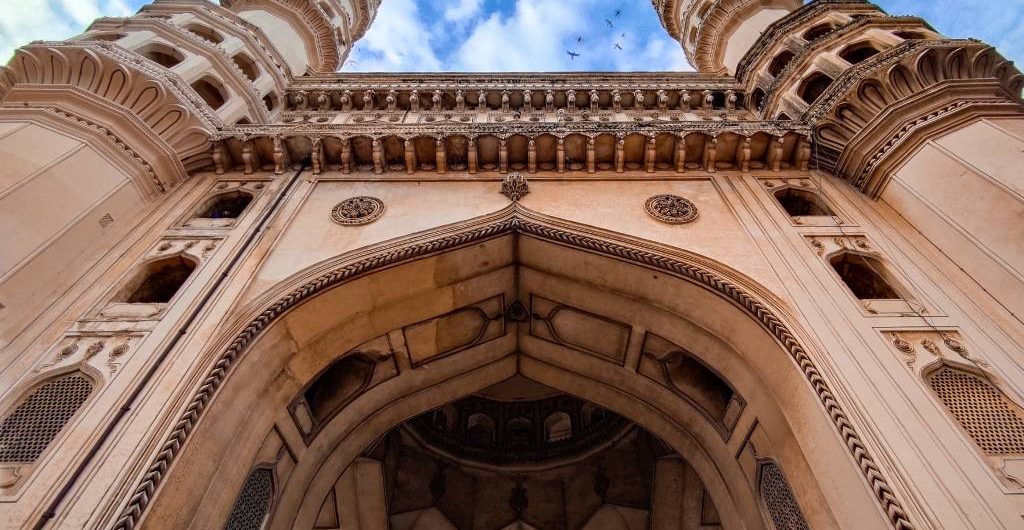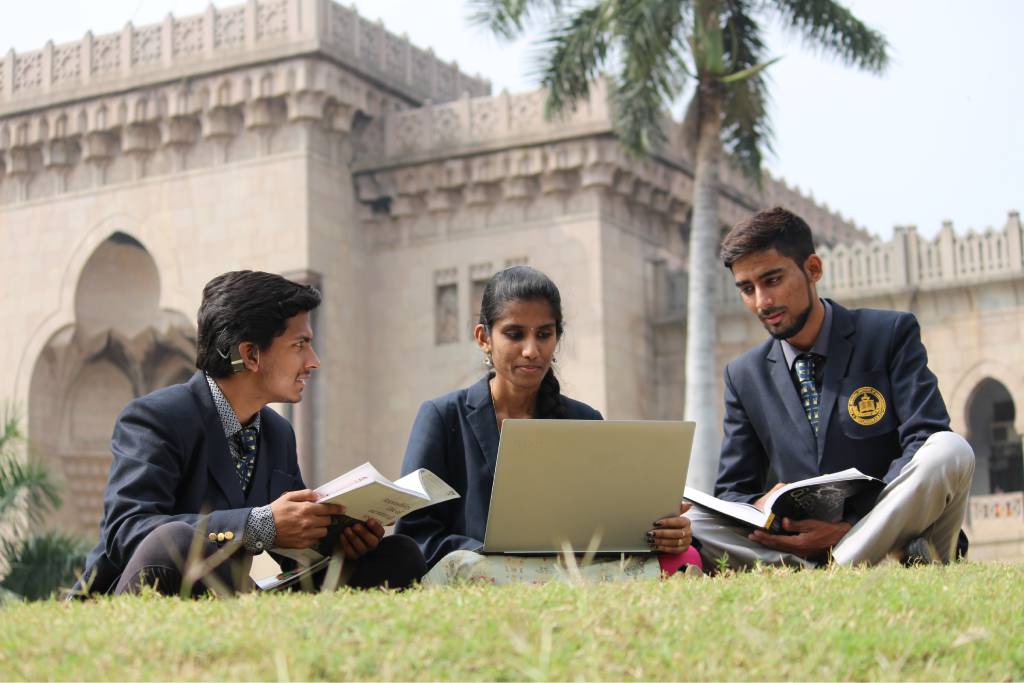
Hyderabad, the capital city of the Indian state of Telangana, is a bustling metropolis that beautifully blends tradition and modernity. Known for its rich history, diverse culture, and booming IT industry, Hyderabad has emerged as one of India’s most dynamic and vibrant cities. In this article, we will explore the various facets of Hyderabad, from its geography and culture to its economy and challenges.
Geography and Location
Nestled in the southern part of India, Hyderabad is situated on the Deccan Plateau, surrounded by hills and rocky terrain. The city’s strategic location has contributed to its historical significance as a center of trade and culture. Hyderabad experiences a tropical wet and dry climate, characterized by hot summers and mild winters, making it a year-round destination for travelers.
Historical Background
- Ancient History: Hyderabad’s roots trace back to the ancient times when it was known as Bhagyanagar. It was a prominent center for diamond and pearl trading and was ruled by various dynasties, including the Kakatiyas and the Qutb Shahis.
- The Founding of the City: In 1591, Muhammad Quli Qutb Shah, the fifth ruler of the Qutb Shahi dynasty, founded the city of Hyderabad on the banks of the Musi River. The Charminar, a stunning monument, was constructed to commemorate the city’s foundation.
- Nizam Rule: Hyderabad is renowned for its association with the Nizams, who ruled the region as a princely state under British suzerainty. Their influence is still evident in the city’s architecture, culture, and lifestyle.
Integration into India: After India gained independence in 1947, Hyderabad became a part of India in 1948, marking the end of the Nizam’s rule and the beginning of a new era.
Culture and Heritage

Hyderabad’s culture is a colorful tapestry woven from various threads of tradition and modernity:
- Language and Diversity: Telugu and Urdu are the primary languages spoken in Hyderabad, reflecting the city’s diverse heritage. It is also home to a vibrant cosmopolitan population.
- Cuisine: The Hyderabadi cuisine is famous for its biryani, haleem, and a wide variety of kebabs. The city is a food lover’s paradise, offering a blend of Mughlai and South Indian flavors.
- Festivals and Celebrations: Hyderabad celebrates a multitude of festivals, including Diwali, Eid, Christmas, and Bonalu, with grandeur and enthusiasm. The annual Ganesha Chaturthi procession is a sight to behold.
- Arts and Crafts: The city boasts a thriving arts scene with traditional forms like Kuchipudi dance and intricate Bidriware handicrafts. Modern art galleries and theaters also flourish here.
- Landmarks and Monuments: Apart from the Charminar, Hyderabad is home to historic gems like the Golconda Fort, Qutb Shahi Tombs, and the stunning Chowmohalla Palace.
Economy and Business
Hyderabad’s economy has evolved significantly over the years:
- Industries and Sectors: The city’s economy is diversified, with key sectors including information technology, pharmaceuticals, manufacturing, and tourism.
- Information Technology Hub: Hyderabad’s HITEC City is a hub for IT and software companies, earning it the nickname “Cyberabad.” It attracts talent and investments from around the world.
- Business and Investment Climate: The city’s business-friendly policies, infrastructure, and skilled workforce have made it a preferred destination for both domestic and international investors.
- Key Economic Contributors: Companies like Microsoft, Google, and pharmaceutical giants have a strong presence in Hyderabad, contributing significantly to its economic growth.
Education and Research

Hyderabad is home to several prestigious educational and research institutions:
- Prominent Educational Institutions: The city houses renowned universities and institutions like the University of Hyderabad, Osmania University, and the Indian School of Business (ISB).
- Research and Development Centers: Hyderabad has emerged as a hub for scientific research and development, particularly in the fields of biotechnology and pharmaceuticals.
- Education Infrastructure: The city boasts a robust education infrastructure with numerous schools, colleges, and vocational training centers.
Tourism and Attractions
Hyderabad offers a plethora of attractions for tourists:Tourist Destinations: In addition to historical sites, tourists can explore places like Ramoji Film City, Hussain Sagar Lake, and the Nehru Zoological Park.
Museums and Cultural Centers: The Salar Jung Museum and Birla Science Museum are must-visit cultural institutions.
Entertainment and Recreational Options: From shopping at Laad Bazaar to enjoying a day at the vibrant Shilparamam Arts and Crafts Village, there’s something for everyone.
Natural Attractions: Hyderabad’s parks and gardens, like Lumbini Park and KBR National Park, provide a refreshing escape from the city’s hustle and bustle.
Transportation and Connectivity
Hyderabad offers excellent transportation facilities:
- Public Transportation Systems: The city has an extensive network of buses, metro rail, and suburban trains for convenient travel within the city.
- Major Highways and Road Networks: National highways connect Hyderabad to major cities across India, facilitating road transport.
- Airports and Connectivity: Rajiv Gandhi International Airport serves both domestic and international flights, ensuring global connectivity.
- Railways and Transportation Hubs: Secunderabad Railway Station and Hyderabad Deccan Railway Station are major railway hubs.
Contemporary Issues and Challenges
Hyderabad faces a range of contemporary challenges:
- Urbanization and Infrastructure Development: Rapid urbanization has put pressure on infrastructure, leading to issues like traffic congestion and pollution.
- Environmental Concerns: The city is striving to address environmental issues such as air pollution and water management.
- Socioeconomic Disparities: Hyderabad, like many other Indian cities, faces socioeconomic disparities that need to be addressed through inclusive development policies.
- Governance and Administration: Effective governance and urban planning are crucial to addressing the city’s challenges and ensuring sustainable growth.
Future Outlook
Hyderabad’s future looks promising:
- Urban Development and Planning: The city is investing in infrastructure development and urban planning to accommodate its growing population and expanding industries.
- Economic Growth Prospects: Hyderabad’s economy is expected to continue growing, with the IT sector playing a pivotal role.
- Cultural Preservation and Promotion: Efforts are underway to preserve and promote the city’s cultural heritage while embracing modernity.
- Challenges and Opportunities on the Horizon: Addressing urbanization challenges and ensuring sustainable development will be key focus areas for the city’s administration.